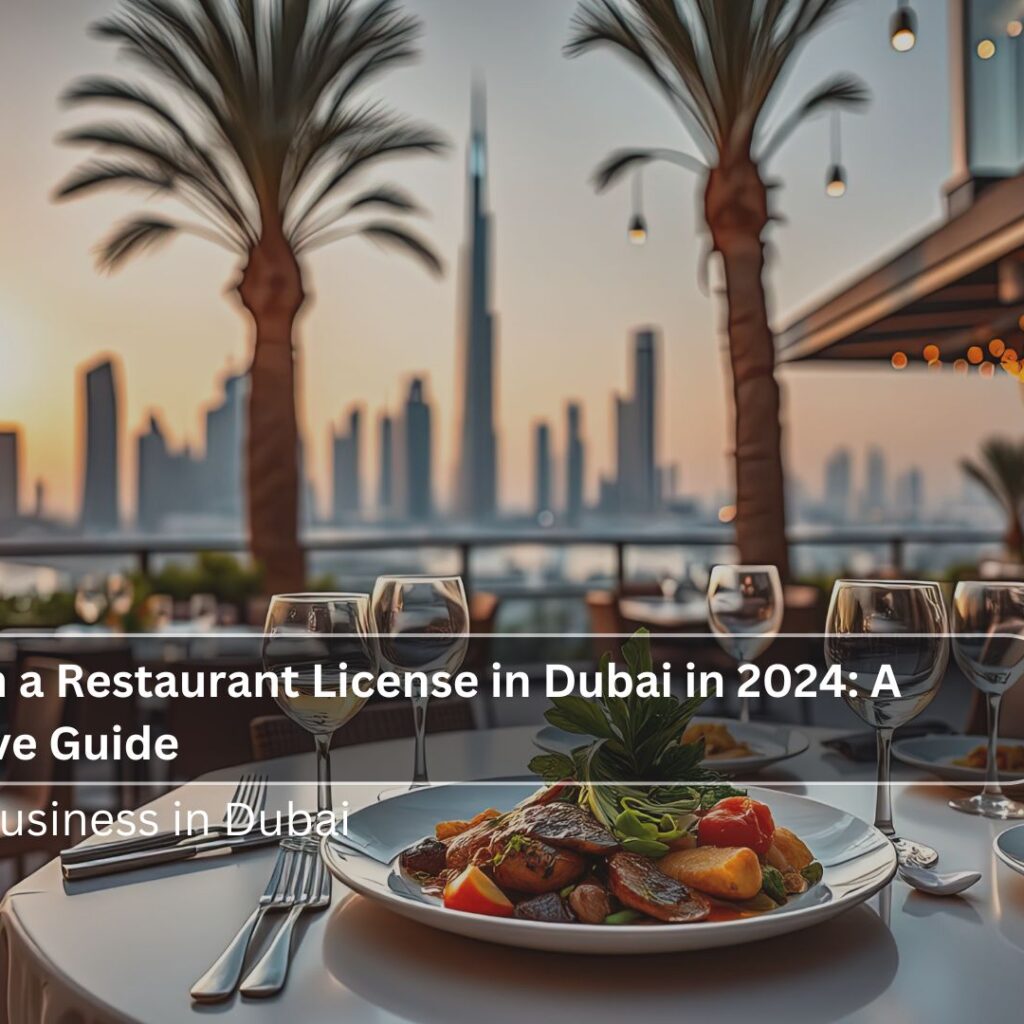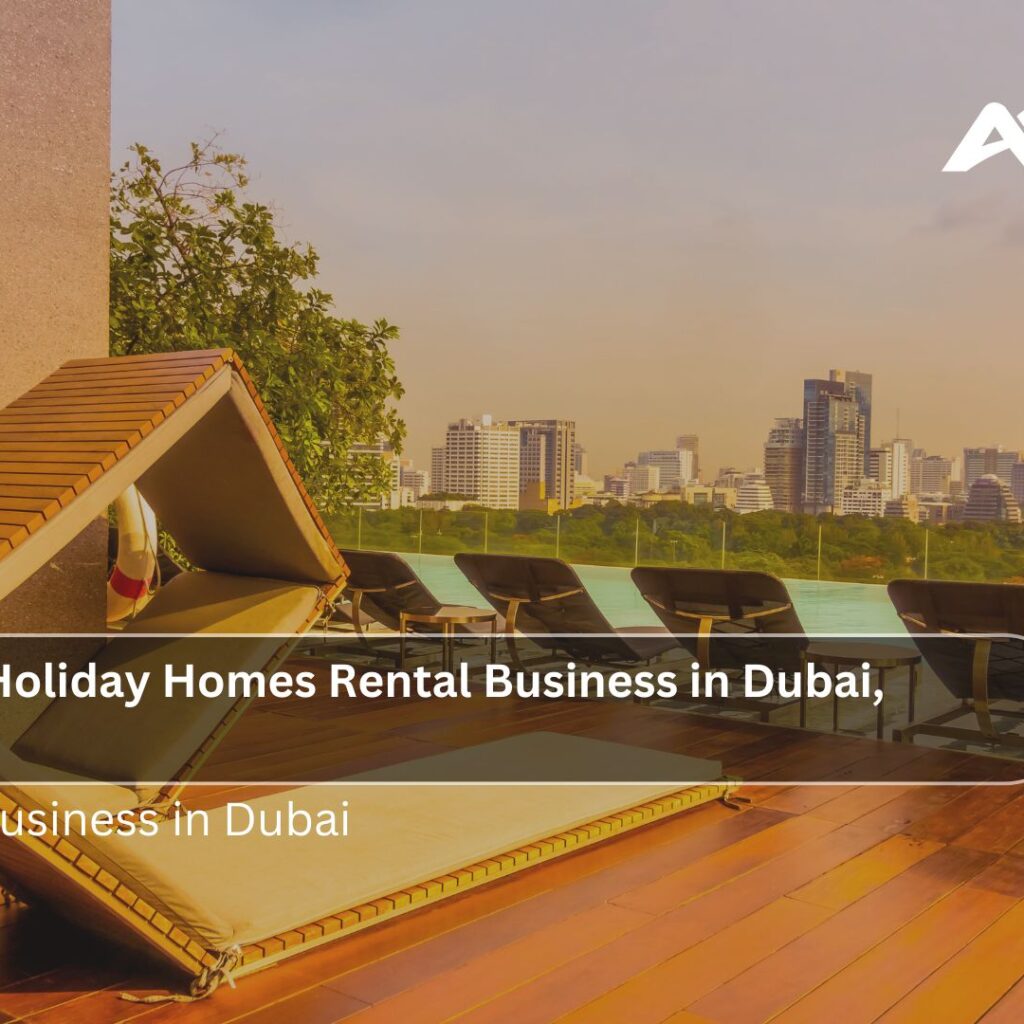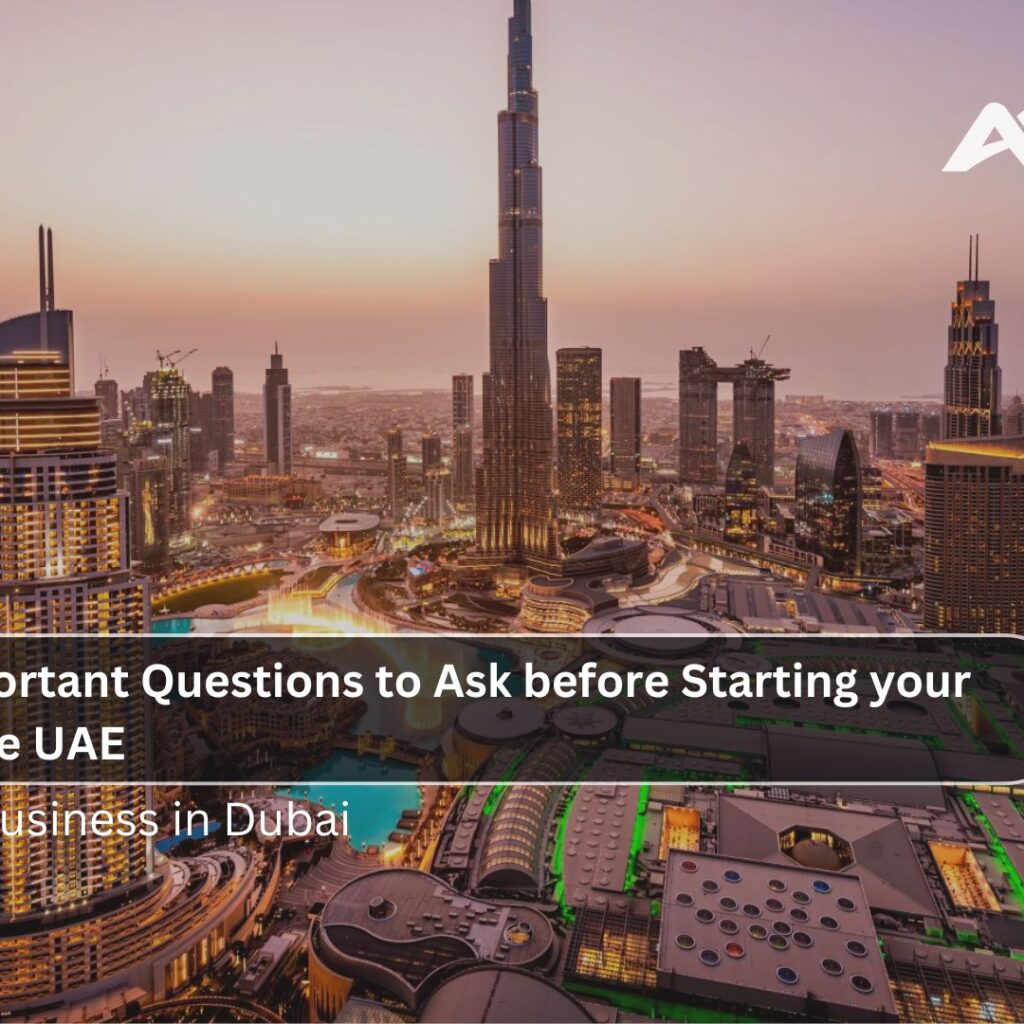How to Start a Dropshipping Business in Dubai

How to Start a Dropshipping Business in Dubai: A Comprehensive Guide What is Dropshipping? Dropshipping is a business model that allows entrepreneurs to operate an online store without keeping physical stock of the products they sell. In this model, the retailer does not manage or own inventory but instead transfers customer orders and shipment details […]
How to Get a Restaurant License in Dubai

How to Get a Restaurant License in Dubai The restaurant industry in Dubai is one of the most dynamic and rapidly growing sectors in the city’s diverse economy. Known for its vibrant culinary scene, Dubai attracts restaurateurs and food enthusiasts from around the world, looking to tap into a market filled with both locals and […]
How to Obtain a Gold Trading License in Dubai

How to Obtain a Gold Trading License in Dubai: A Comprehensive Guide Dubai has long been recognized as a prominent trading hub, connecting the East and West and serving as a major center for commerce, tourism, and finance. Known as the “City of Gold,” Dubai is especially famous for its role in the global gold […]
Holiday Homes Rental Business in Dubai

How to Start a Holiday Homes Rental Business in Dubai in 2024 Dubai, renowned for its futuristic skyline, world-class shopping, and luxurious hospitality, has cemented its position as one of the most sought-after travel destinations globally. As a central hub for international tourism, Dubai attracts millions of visitors annually, with travelers drawn to its blend […]
Beauty Lounge and Spa Business in Dubai

Starting a Business Lounge and Spa Business in Dubai The Beauty Lounge and Spa Business in Dubai has blossomed into one of the most dynamic sectors in the city’s economy, powered by its cosmopolitan lifestyle, affluent population, and robust tourism industry. Known for its luxury, innovation, and trendsetting standards, Dubai has become a global hub […]
Starting a Documents Clearing Business in Dubai

Starting a Documents Clearing Business in Dubai: The Complete Guide As Dubai’s appeal to investors, entrepreneurs, and expatriates grows, the demand for streamlined bureaucratic services, especially document clearance, is on the rise. A documents clearing business in Dubai plays a critical role by helping companies and individuals navigate the administrative tasks needed to set up […]
Starting a Consulting Business in Dubai in 2025

Starting a Consulting Business in Dubai: A Comprehensive Guide for UK Entrepreneurs The consulting industry is one of the most dynamic and fast-growing sectors worldwide. Whether it’s management, IT, finance, marketing, or legal advisory, consulting plays a key role in helping businesses optimize their operations, navigate complexities, and achieve their strategic goals. For UK-based entrepreneurs, […]
Moving Your UK Business To Dubai in 2025

Moving Your UK Business to Dubai in 2025 Dubai, an emerging business hub in the heart of the Middle East, offers an attractive proposition for UK-based businesses looking to expand internationally. Known for its favorable tax policies, strategic geographic location, and rapidly growing economy, Dubai is a leading destination for businesses from around the globe. […]
Start a Manufacturing Business in Dubai in 2025

How to Start a Manufacturing Business in Dubai in 2025: A Comprehensive Guide Establishing a manufacturing business in Dubai is a lucrative opportunity, especially in 2025, with the Emirate’s growing economy and investor-friendly policies. Dubai’s strategic location, excellent infrastructure, and business-friendly environment make it an ideal hub for manufacturing industries looking to tap into both […]
Questions to Ask Before Setting Up a Business in Dubai

Questions to Ask Before Setting Up a Business in Dubai Setting up a business in Dubai has become one of the most attractive ventures for entrepreneurs worldwide, especially for those seeking to start a business abroad. Dubai, as the heart of the United Arab Emirates (UAE), offers immense opportunities for foreign investors, thanks to its […]
